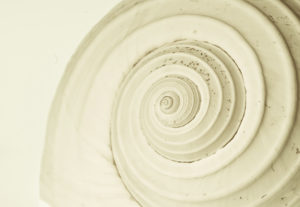by Sheila Laughton.
There is an odd attractiveness about a desert, a place so hot or cold that life itself is a struggle. Perhaps it is because you are forced to live in the moment, on guard for the slightest change that signals danger—a raging sand or snow storm, a potentially lethal reptile or just the heat or cold itself. Your senses betray you. Sight is distorted by light so bright you can’t keep your eyes open, and darkness so deep you wonder if your eyes are closed; mirages appear and disappear. Howling winds and blowing sand or snow drowns out every other sound, while surrounding you with vicious fingers ripping at your numb skin. Yet, from early biblical times to the present, people have found deserts a place to experience the Divine.
The nights are exquisitely clear, inviting you into the depths of the universe, or exposing you as absolute insignificance. It confuses you, causes you to lose your bearings, or allows you to see new possibilities.
A desert is, for the most part, quiet, a place to think. Moses encountered the burning bush that changed his life forever. The Israelites reinvented themselves as a people as they wandered. The Desert Fathers and Mothers went there to deepen their relationship with the Divine. Even Jesus went out to clear his mind and clarify his mission.
But while some find God, others lose heart in the vast desolation. A desert can do that to you.
Sheila is a spiritual director at Loyola. Read her bio here.
